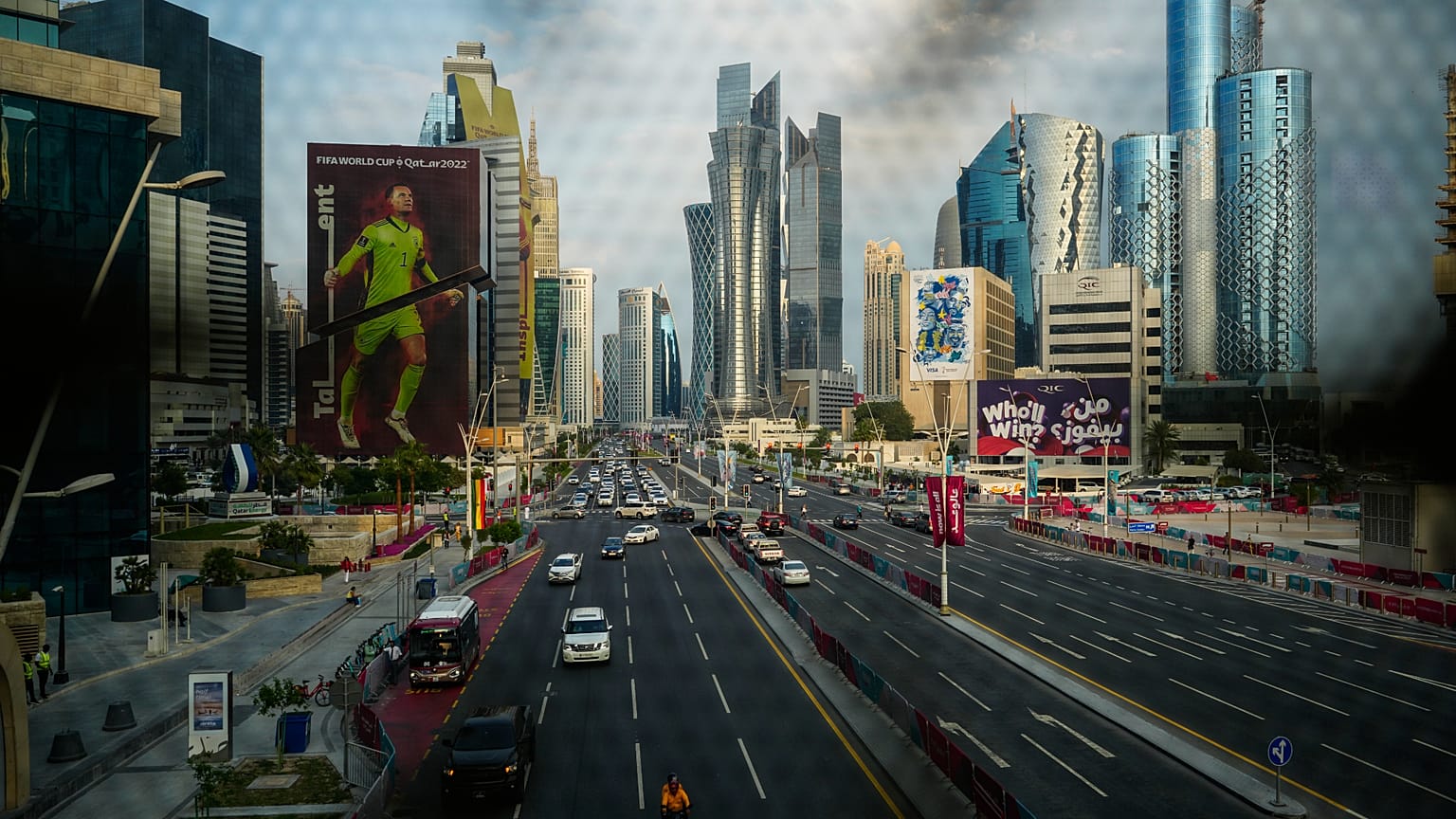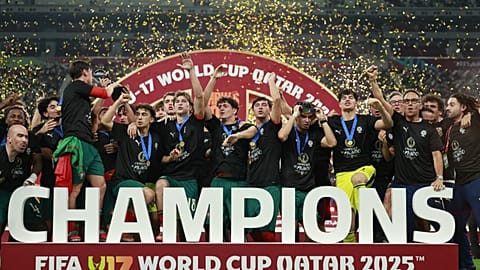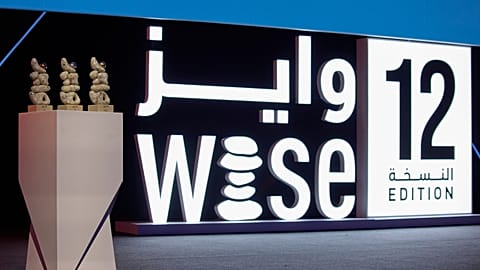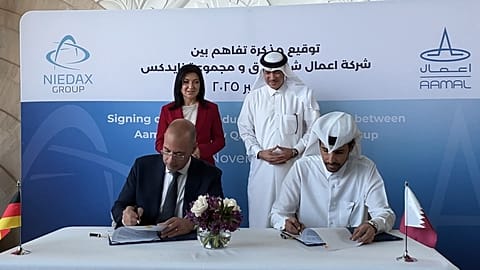With investments across continents and developments reshaping city skylines, Qatar is demonstrating its growing ambition to make a lasting mark on the world’s urban landscape.
Over the past ten years, Qatar has become a key player in the world of real estate. Although geographically small, the country is seeking to expand its global influence, raising its profile around the world through investments and development projects.
Qatar’s impact extends far beyond its borders. Its private investors, sovereign wealth funds, and government-backed companies are putting billions of dollars into real estate projects worldwide. These projects include luxury homes, office buildings, and hotels. The investments are about more than making a profit. They help Qatar show its strength, build its reputation, and gain influence.
Alex Heuff, group director at Cityscape, a major real estate event and publication that highlights global developments, explained: “Qatar really has a mandate to go around and market itself globally on the global stage.”
He added: “Look at central London — there are huge swathes in the city centre, which are owned by the Qatar sovereign wealth funds. So, you are now seeing they are investing in prestigious addresses. And all it does really is it brings the attention of the world onto the state of Qatar.”
Qatar has made significant real estate investments in London, with estimates suggesting that the Qatari royal family and sovereign wealth funds own assets valued at over £1 billion (€1.15bn). This includes high-profile properties in prime locations such as Mayfair and Knightsbridge.
Outside the UK, Qatar's investments extend to countries like the United States, France and various nations across the Middle East and Asia, totalling several billions of dollars globally. These investments are strategically positioned in major financial centres and luxury markets, reflecting Qatar’s ambition to strengthen its international presence and influence through real estate holdings worldwide.
Qatari Diar and its global projects
A major part of Qatar’s international real estate efforts is Qatari Diar. This is Qatar's main government-owned developer, which claims to have invested over $35bn (€30.11bn) in more than 21 countries.
Qatari Diar works on a variety of projects. These include luxury homes in London and mixed-use buildings in Paris. The company aims to be part of global city development and improve Qatar’s image worldwide.
Dr Abdulla Yaqoub Al-Sayed, chief sales and marketing officer at Qatari Diar, said: “We have the best hotel in London now (Chancery Rosewood), and in Egypt, we have St. Regis as well. And with any development, whether it's residential or commercial, we always keep in mind that we represent the state of Qatar. Yes, we are commercially driven, but as well we have to shape the image of the state of Qatar.”
Recently, Qatari Diar announced the opening of the Chancery Rosewood Hotel, situated in London's Mayfair neighbourhood, marking its latest move in expanding its luxury hospitality portfolio.
Katara Hospitality and tourism
Alongside its real estate investments, Qatar’s tourism sector is growing through Katara Hospitality. Based in Qatar, the company has over 50 years of experience in owning, developing, and operating hotels worldwide. Its portfolio includes 42 hotels across four continents, with plans to reach 60 by 2030. As Qatar’s flagship hospitality organisation, it supports the country’s long-term economic goals.
Katara Hospitality owns hotels in Egypt, Morocco, the UK, France, Italy, Spain, Switzerland, Singapore, Thailand, and the US. It partners with major hotel management companies and operates some hotels under its own brands: Bürgenstock Selection and Murwab Hotel Group.
The financial motors behind Qatar's ambitions
Qatar's economy remains largely driven by its extensive natural gas reserves, making it one of the world's top exporters of liquefied natural gas (LNG). In 2023, according to the IMF, Qatar’s GDP was around $180bn (€155bn), with LNG exports constituting a major revenue source. The economy has been showing signs of growth, with recent estimates indicating a growth rate of around 2% in 2024 and 2025.
Qatar utilises its resource wealth to invest in infrastructure, real estate, and global projects. Situated between Iran and Saudi Arabia, Qatar emphasises soft power and diplomacy to maintain regional influence. As the global energy landscape shifts, with countries moving away from fossil fuels, Qatar is diversifying its economy and investments to address future challenges and ensure sustainable growth.
Looking ahead
Qatar is using its investments in real estate and hospitality as a way to grow its economy and share its culture with the world. Big projects by companies like Qatari Diar and Katara Hospitality show Qatar’s plans to become a major global influence in real estate, tourism, and urban development. Over time, their work will shape how the world sees Qatar — not just as a small Gulf state, but as a rising global player in real estate and development.


















